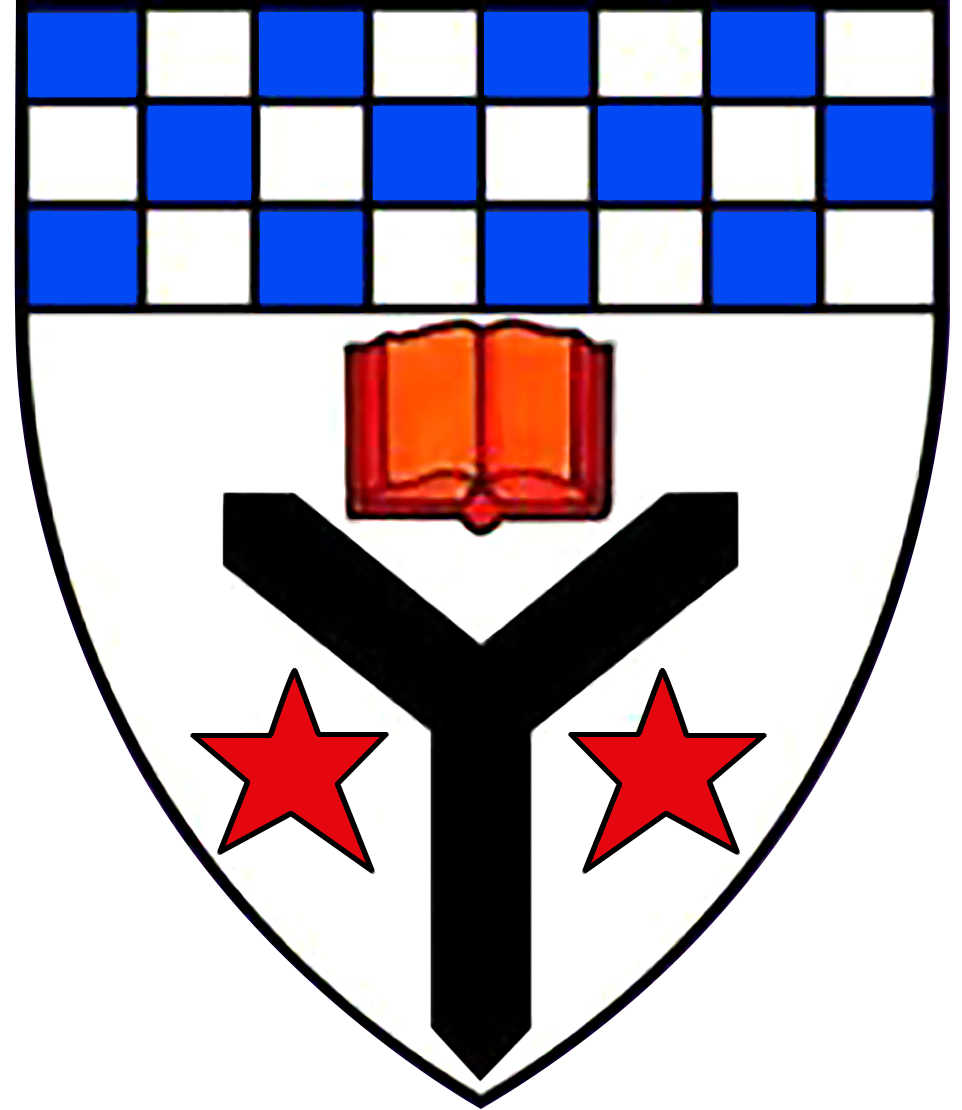Rationale
At Nether Robertland Primary School (NRPS), we believe firmly in ensuring that all children achieve their full potential. We are committed to ensuring that all children are provided with a nurturing environment which promotes creativity and curiosity, encouraging children to lead their own learning. Children will be provided with opportunities to become co-constructors of the curriculum, enabling practitioners to adopt inquiry based learning approaches, which are responsive to the children’s needs and interests.
Our Aims
- To create a more coherent, flexible and child-focused curriculum which gives teachers more professional autonomy over how they teach and set high expectations for attainment and achievement.
- Be child-centred, acknowledge children’s views and actively involve children in meaningful ways in everyday decisions within the classroom and school setting.
- Provide appropriate environments to play and learn with a range of possibilities for children to reach their full potential, both indoors and outdoors.
- Encourage children to contribute their own ideas and be involved in decision making about their learning.
- Provide a range of experiences which encourage children to share their thinking, ask questions and to talk about their interests.
Playful Learning at NRPS
Play is extremely important. It is an intrinsic part of human nature and development and its importance cannot be underestimated. For children, the essential role of play is well documented. Research emphasises that children develop and learn best when playing. Through play, a child develops their cognitive, social, emotional and physical capacities. Children need adults who are flexible and responsive to their needs. Adults who both recognise the importance of play and can understand and use their knowledge of the child in which to base their practice.
It is now widely recognised that there are a vast number of benefits of playful learning experiences for children. Playful learning:
- Is the work of a child
- Enables children to learn from experience
- Is important for healthy brain development
- Promotes creativity and problem-solving
- Leads to increased learning and attention at school
- Improves mental and emotional health
- Helps children form relationships and develop language and communication skills
- Helps build confidence and decision-making skills
- Improves physical health and the development of gross and fine motor skills
- Develops resilience and risk management skills
- Promotes independence and ownership of learning
Playful learning is an approach that we have implemented based on two years of navigating our way through the national Play Pedagogy approach. We have focused greatly on implementing an approach that promotes putting children at the centre of the learning process and what this looks like in our school.
In our school, playful learning is categorised into different learning experiences and these are planned for across all curricular areas. This bespoke approach aims to facilitate playful learning in a variety of environments and opportunities, within a whole class experience. Our approach is used to plan and develop playful learning experiences at early level. The table below outlines our approaches.
Playful Learning Environments
We create flexible playful learning environments that are planned and developed with children to encourage ownership, independence and responsibility. These environments include the classroom, the outdoors and the flexible learning area (FLA). Within each of these environments, we incorporate creative, social and discovery play using a wide range of suitable resources.
Creative Play – What does it look like?
- Making, painting, manipulating materials
- Using imagination and inventiveness with materials and ideas
- Expression of emotions, feelings and ideas
- Playing with loose parts
- Solitary or in groups according to the choice of the child at that time
- Small loose parts
Social Play – What does this look like?
- Book corner
- Role play
- Small world/Imaginative play
- Object play
Discovery Play – What does this look like?
- Construction
- Sand and water
- Tinker table
- Large loose parts
- Collections
Observations and Assessment
As playful learning is child led and responsive to the interests of the child, so must be approaches to assessment. Assessment is integral to planning learning and teaching, and happens in different ways at different times throughout the learning process. Observations play a key role in helping us gain knowledge of what a child can do. The starting point is always with the child. Observing what children choose to do, what their interests are and who and what resources they enjoy playing with, provides adults with reliable assessment information about children as individuals.
We ensure that observations and assessments are carried out and recorded and:
- Are an effective use of time
- Are increasing understanding of each child’s learning
- Are informing future curriculum decisions
- Are enabling children’s learning to be evidenced
Assessment includes:
- Shiny Sharers – Daily opportunity for children to reflect on and share their learning, allowing the adult to assess
- Magic Moments wall – Sharing of children’s learning on a display to celebrate success
- Child Centred Playful Learning – Throughout the week, adults will observe children during planned indoor and outdoor learning experiences and assess
- Triangle Approach Playful Learning – During this approach, the adult will incorporate a variety of observation and assessment strategies
Assessment gathered will support ongoing planning and will enable adults to evaluate progress in learning. Adults will consider the question ‘What does the child’s actions, emotions and words tell us about their development and learning?’




